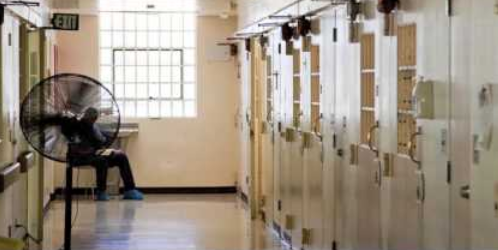Photos: YouTube\Twitter
In recent years, voting rights advocates and state lawmakers have made significant strides in restoring voting rights to U.S. citizens with felony convictions.
In the 2020 U.S. presidential election, 5.17 million people were disenfranchised due to a felony conviction, according to the Sentencing Project — 15% fewer than in 2016, as states implemented measures to restore voting rights to people with felony convictions who served their sentences. From 2016 to 2020, at least 13 states expanded to some degree voting rights for ex-felons, including the Southern states of Alabama, Florida, Kentucky, Louisiana, and Virginia.
Historians point out that felony disenfranchisement laws are rooted in the Jim Crow era and were implemented to suppress Black electoral power. After Black men were granted the right to vote in 1870, Southern states started to adopt such laws, along with others designed to prevent Black voters from casting a ballot.
According to a 2003 study from scholars at the University of Minnesota and Northwestern University, the greater a state’s nonwhite prison population, the more likely it was to adopt stringent felony disenfranchisement laws.
Currently, 11 states still permanently disenfranchise at least some individuals from voting due to past criminal convictions, including five in the South: Alabama, Florida, Kentucky, Mississippi, and Tennessee. These laws continue to have a disproportionate impact on Black people and communities of color. For example, as of 2020 more than one in seven Black adults were disenfranchised in six of the 13 Southern states — Alabama, Florida, Kentucky, Mississippi, Tennessee, and Virginia.
With the midterm elections now underway, efforts are continuing in several Southern states to restore voting rights to people with felony convictions who’ve completed their sentences. Read more.














